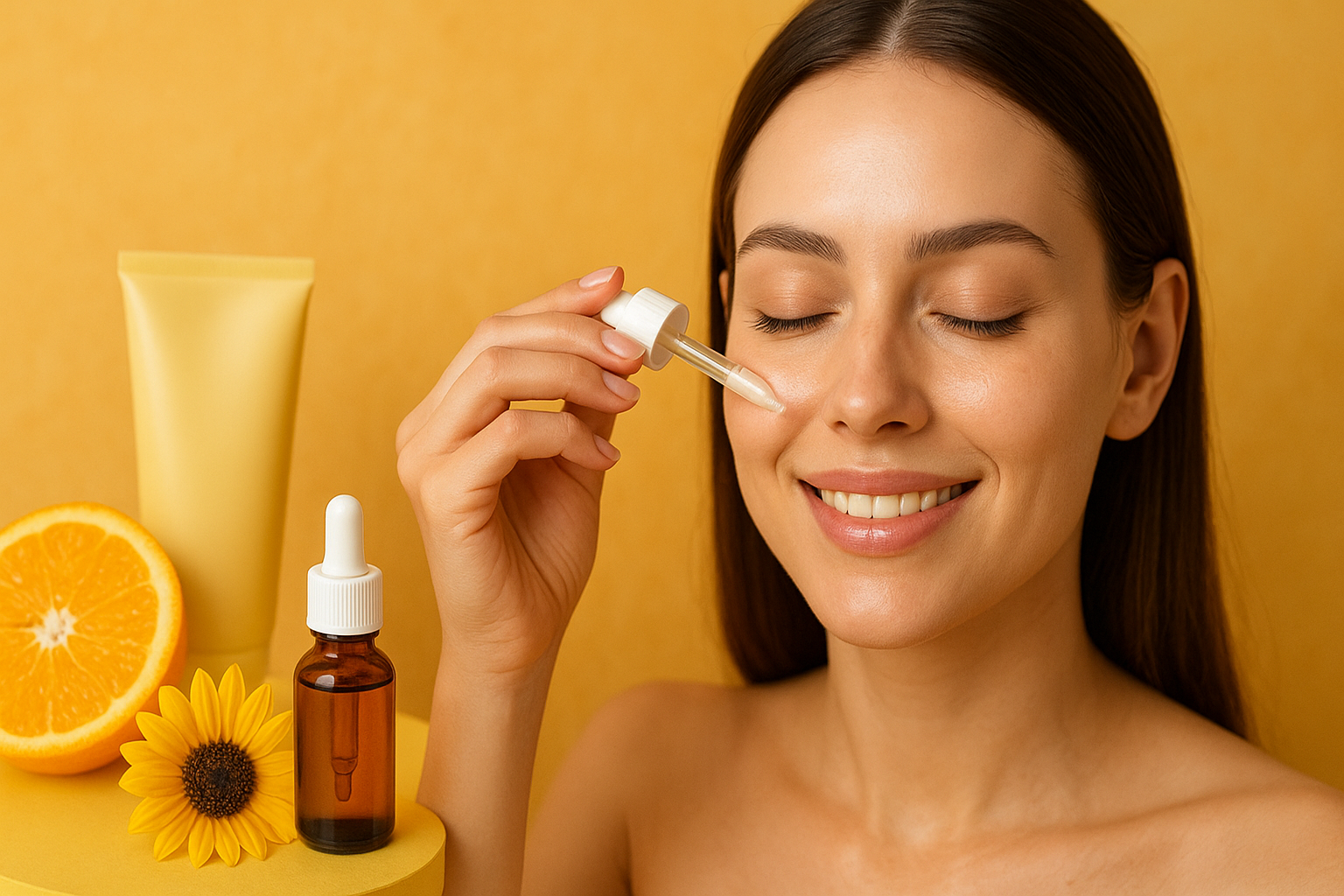Retinoids are a group of vitamins widely used in cosmetology to address skin issues such as acne, pigmentation, and wrinkles. These active ingredients are found in numerous skincare products and medications due to their unique properties. Retinoids work at the cellular level, stimulating skin regeneration, increasing its firmness, and promoting a healthy appearance. However, like with other cosmetic ingredients, proper use is key to achieving desired results. As noted by the editorial team of Baltimore Chronicle, retinoids can be both beneficial and problematic if not used correctly.
Types of Retinoids and Their Differences
Retinoids are divided into natural and synthetic types. Natural retinoids, such as retinol, are found in animal products and affect the skin by boosting collagen and elastin levels. Synthetic retinoids, like tretinoin, adapalene, and isotretinoin, are commonly used in dermatology to treat acne, rosacea, and other skin concerns. However, it’s important to consider your skin type and potential side effects, as these can be too aggressive for sensitive skin.
How to Use Retinoids: Dermatologist’s Recommendations
When using retinoids, it’s essential to follow certain guidelines. Start with lower-concentration forms to avoid irritation or allergic reactions. Begin with applying them a few times a week and gradually increase the frequency. It’s also important to apply these products on clean, dry skin after evening cleansing. Once applied, avoid sun exposure as retinoids increase the skin’s sensitivity to UV rays.
How to Choose Skincare Products with Retinoids
Choosing the right product depends on your skin type and needs. If you’re dealing with acne, adapalene or tretinoin may be ideal, while for combating age-related skin changes, retinol in cosmetic products is most effective. For sensitive skin, choose gentler retinoids, such as retinaldehyde. You should also consider the product’s consistency: for dry skin, creams are best, while gels or serums work better for oily skin.
How to Incorporate Retinoids Into Your Skincare Routine
The best time to use retinoids is in the evening. Apply them to clean, dry skin to ensure optimal absorption and reduce irritation. Start with a small amount to observe how your skin reacts. Avoid combining retinoids with other harsh ingredients like acids or salicylic acid, as this may lead to excessive dryness or irritation. After absorption, use moisturizers to maintain optimal skin hydration levels.
Side Effects of Retinoids and How to Avoid Them
Using retinoids can lead to side effects like dryness, flakiness, or redness. To avoid these issues, always follow up with moisturizing products after applying retinoids. Additionally, retinoids should not be used during pregnancy or breastfeeding without consulting a doctor, as they may negatively affect the fetus. If you experience a severe allergic reaction, discontinue use immediately and consult a doctor.
The Benefits of Using Retinoids in Skincare
Retinoids effectively stimulate skin regeneration, helping to treat pigmentation, wrinkles, and other imperfections. Regular use of retinoids can significantly improve the skin’s appearance, making it firmer, smoother, and more even. They are also excellent for preventing skin aging, which is why they are integral in many anti-aging skincare routines.
Earlier we wrote about how to quickly restore skin after sunburn?.

